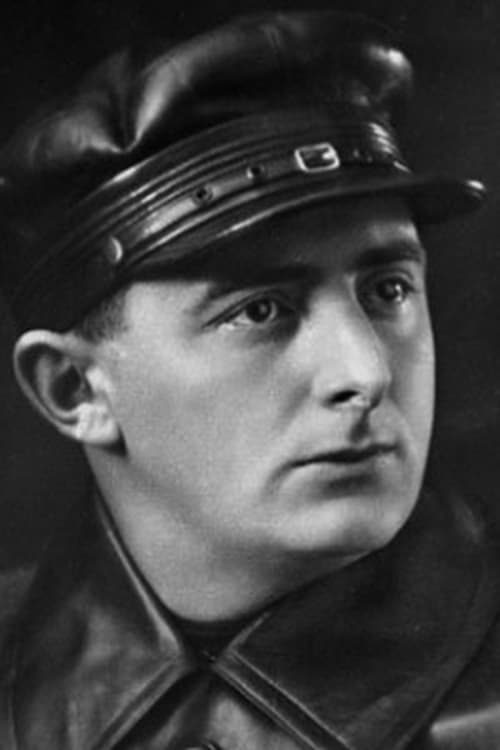Kino-Pravda No. 13: Yesterday, Today, Tomorrow. A Film Poem Dedicated to the October Revolution (1922)
Gênero : Documentário
Runtime : 37M
Director : Dziga Vertov
Sinopse
Dziga Vertov-directed Soviet newsreel. The first themed issue of Kino-Pravda, devoted to the fifth anniversary of the October Revolution in 1922.
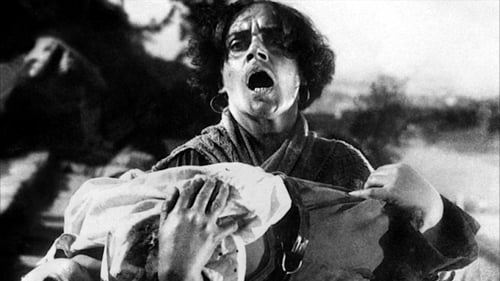
Em 1905, na Rússia czarista, aconteceu um levante que pressagiou a Revolução de 1917. Tudo começou no navio de guerra Potemkin quando os marinheiros estavam cansados de serem maltratados, sendo que até carne estragada lhes era dada com o médico de bordo insistindo que ela era perfeitamente comestível. Alguns marinheiros se recusam em comer esta carne, então os oficiais do navio ordenam a execução deles. A tensão aumenta e, gradativamente, a situação sai cada vez mais do controle. Logo depois dos gatilhos serem apertados Vakulinchuk (Aleksandr Antonov), um marinheiro, grita para os soldados e pede para eles pensarem e decidirem se estão com os oficiais ou com os marinheiros. Os soldados hesitam e então abaixam suas armas. Louco de ódio, um oficial tenta agarrar um dos rifles e provoca uma revolta no navio, na qual o marinheiro é morto. Mas isto seria apenas o início de uma grande tragédia.
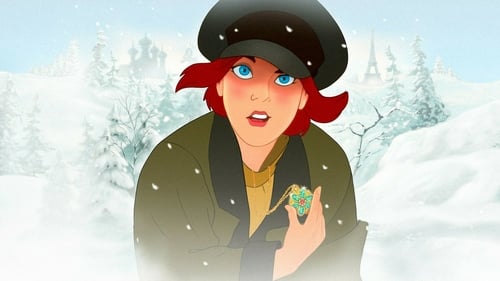
Aparentemente o Czar e toda a sua família morreram durante a Revolução Russa, mas após alguns anos surge um boato de que a Princesa Anastasia teria sobrevivido. Como sua avó, a grã-duquesa imperial que vive em Paris, ofereceu uma recompensa de 10 milhões de rublos para quem encontrasse sua neta, apareceram várias "Anastasias" sonhando ficar com a recompensa. Em Moscou, Dimitri e Vladimir se esforçam para encontrar uma jovem que se aparente com a princesa desaparecida e, assim, possam ganhar a recompensa. Quando estão quase desistindo encontram Anya, uma jovem órfã que não se lembra do seu passado mas tem tudo para se fazer passar por Anastasia. Assim, começam a ensaiá-la e rumam para Paris, mas gradativamente Dimitri passa a acreditar que Anya é realmente a princesa desaparecida e isto lhe parece atr, pois está apaixonado por ela e sabe que nunca permitirão que um plebeu se case com alguém da realeza.

Ambientado antes e durante a Revolução Bolchevique na Rússia, conheça a história do doutor Yury Zhivago, que em plena guerra se viu apaixonado pela bela Lara Antipova, o amor impossível que move toda a história. Baseado na obra de Boris Pasternak, vencedor de 5 Oscar, incluindo Fotografia e Roteiro Adaptado.
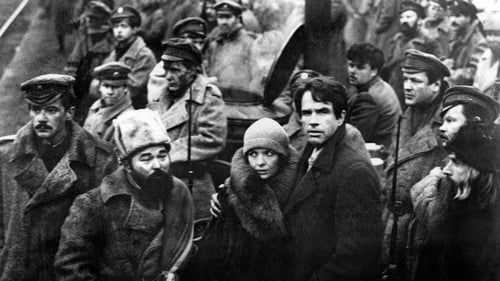
Um pouco antes da Primeira Guerra Mundial John Reed (Warren Beatty), um jornalista americano, conhece Louise Bryant (Diane Keaton), uma mulher casada, que larga o marido para ficar com Reed e se torna uma importante feminista. Eles se envolvem em disputas políticas e trabalhistas nos Estados Unidos, e vão para a Rússia a tempo de participarem da Revolução de outubro de 1917, quando os comunistas assumiram o poder. Este acontecimento inspira o casal, que volta aos Estados Unidos esperando liderar uma revolução semelhante.
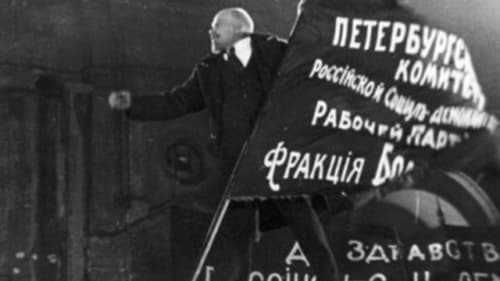
Em tom de documentário, o filme recria acontecimentos em Petrogrado, na Rússia, desde o fim da monarquia, em fevereiro de 1917, até o fim do governo provisório em novembro do mesmo ano.

Old Prof. Preobrazhensky and his young colleague Dr. Bormental inserted the human's hypophysis into a dog's brain. A couple of weeks later, the dog became "human looking". The main question is "Is anybody who is looking like a man, A REAL MAN?"

Lupin III junto com sua gangue quer roubar o tesouro perdido da família real Romanov, este tesouro é uma imensa quantidade de esconder ouro subterrâneo nos Estados Unidos atrás da colocação de um banco corrupto. Mas para ter o ouro, Lupin e seus amigos terão que lutar por ele com o misterioso e poderoso monge Rasputin. Também Lupin novamente terá que escapar do inspetor Zenigata que seguirá o rastro de Lupin e tentará colocá-lo na prisão.
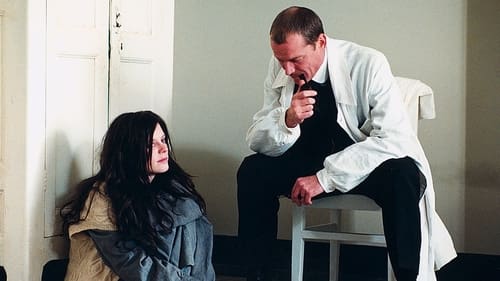
Zurich, 1905. 19-year-old Russian Sabina Spielrein is put by her parents in a psychiatric hospital, suffering from a severe form of hysteria and refusing to eat. A compassionate doctor, Carl Gustav Jung, takes her under his care and, for the first time, experiments with the psychoanalytical method of his teacher Sigmund Freud. Thus is born a sweeping story of love and passion, of body and soul, soaring to the utmost heights, but also plunging to the darkest depths of the 20th century.
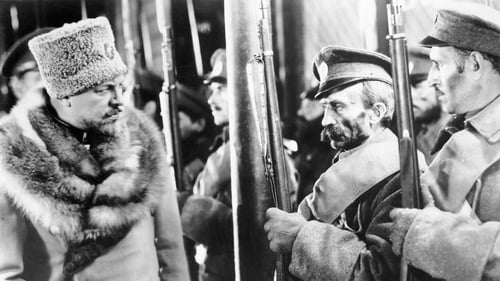
General Czarista, responsável pela queda do Império Russo, é deposto do cargo. Mais tarde, antigo adversário o contrata para dar continuidade aos seus ideias revolucionários.
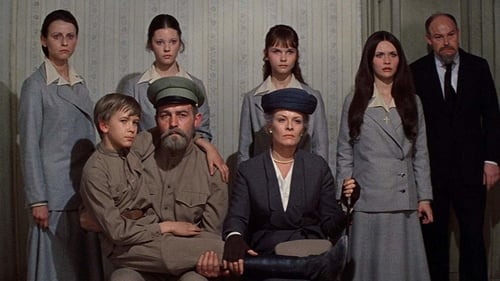
Tsar Nicholas II, the inept last monarch of Russia, insensitive to the needs of his people, is overthrown and exiled to Siberia with his family.
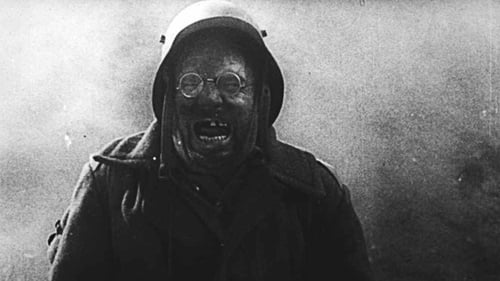
Imagens mostram a devastação que a Primeira Guerra Mundial causou aos ucranianos.

Dziga Vertov-directed Soviet newsreel made to commemorate the first anniversary of the death of Vladimir Ilich Lenin (21st January 1924 - 1925) drawn from 'The Final Journey', a Pravda feuilleton written on the occasion of Lenin's funeral by the man who had introduced Vertov to cinema, Mikhail Koltsov. Contains: First anniversary of Lenin's death: 1. Assassination attempt on Lenin and Soviet Russia's progress under his leadership / 2. Lenin's illness, death and funeral / 3. The year after Lenin's death

Story of Anna Anderson, who claimed to be Anastasia Romanov, the only surviving daughter of the Czar and Czarina of Russia.
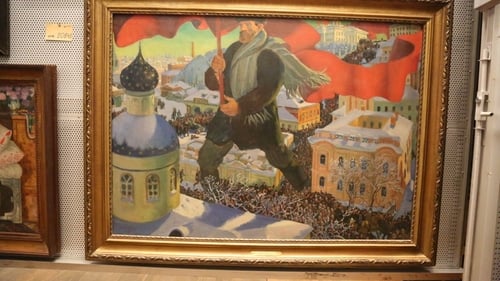
Drawing on the collections of major Russian institutions, contributions from contemporary artists, curators and performers and personal testimony from the descendants of those involved, the film brings the artists of the Russian Avant-Garde to life. It tells the stories of artists like Chagall, Kandinsky and Malevich - pioneers who flourished in response to the challenge of building a new art for a new world, only to be broken by implacable authority after 15 short years and silenced by Stalin's Socialist Realism.

Starting in 1881 this film shows the personal battle between Lenin's Ulyanov family and the royal Romanovs that eventually led to the Russian revolution.

Russia, 1917. After the abdication of Czar Nicholas II Romanov, the struggle for power confronts allies, enemies, factions and ideas; a ruthless battle between democracy and authoritarianism that will end with the takeover of the government by Vladimir Lenin and the Bolsheviks.
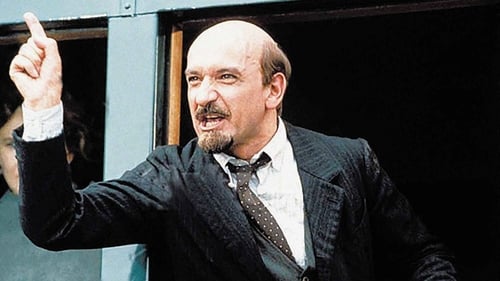
March/April 1917. The first world war is already a couple year to pace. A sealed train with Russian emigrants keeps on driving from Zürich Germany and Sweden to Sint-Petersburg. The outlaws stand under the guidance of Vladimir J. Lenin. Two senior officers support the revolutionary bomb "to ensure that everything runs smoothly. Yet there are some unpleasant clashes between Socialists and enthusiastic workers who are worried about the war. During train travel there comes an end to Lenin's affair with the gracious Inessa, and his wife Nadja is prepared take back him. The triumphant entrance in St. Petersburg will exceed all expectations....

1918 year. A woman commissar has been appointed from the Central Committee of the Bolshevik Party to the Russian warship Gromoboi, which is ruled by anarchist sailors. The leader of the ship is the anarchist Vozhak. The Commissioner was instructed to reorganize the naval detachment into the First Sailor Regiment. She faces a difficult task: to win the authority of the sailors and eradicate anarchy. Of the remaining officers on the ship — lieutenant Bering, who served in the tsarist fleet on the battleship "Emperor Paul I". He must become the commander and, together with the sent commissar, lead the regiment to the front in the Black Sea region.

Dziga Vertov-directed Soviet newsreel covering: Up the Eiffel Tower in Paris / Moscow / Auto race Petrograd – Moscow / Aspects of everyday Soviet life / Peasant from Jaroslavl' visiting Moscow / Ceremonial introduction of a newborn into a workers' collective

A short film made by Yuri Norstein for the 60th anniversary of the October Revolution, The 25th - the First Day recounts that day using art from the revolutionary period.
